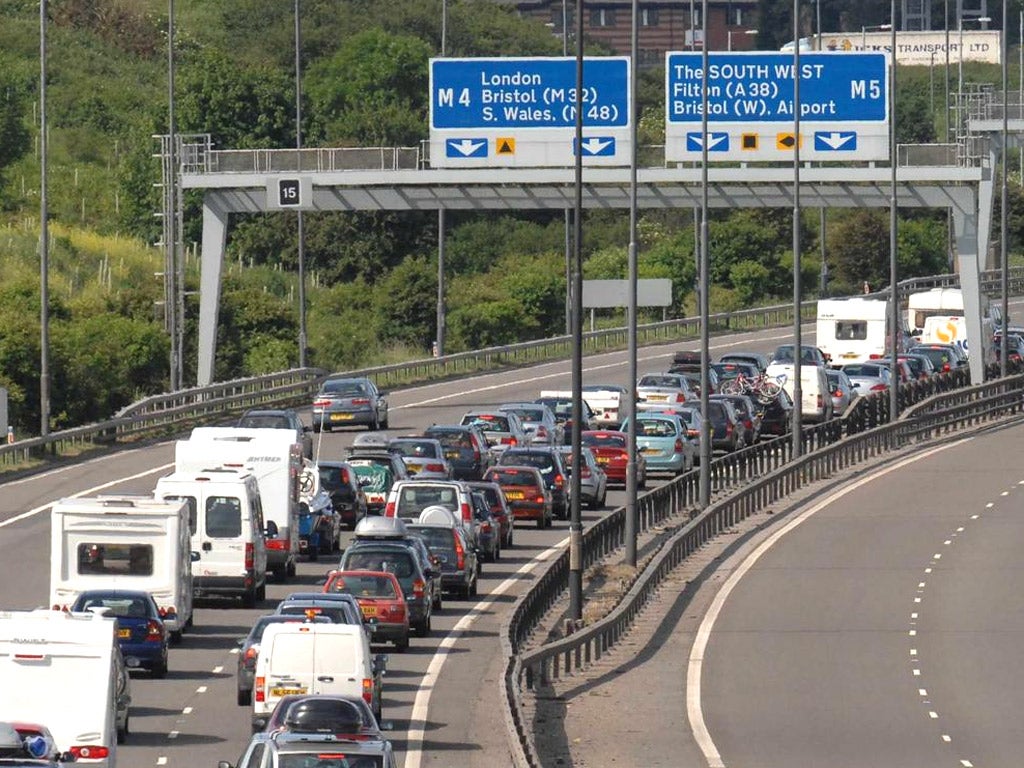It may sound like the most esoteric subject matter imaginable, but for road builders and governments, deciding which font to use on road signs is a key issue for road safety. The road signs you see on every motorway in the UK feature Jock Kinneir and Margaret Calvert's 1958 creation "Motorway". (Other British roads feature the same pair's "Transport", font fans!). The roundness of both help their legibility for people bombing along at 70mph.
America's highway font makes a virtue of its handiness for viewing at high speeds – it's called "Clearview" and has been implemented across the US over the past decade. But how do you measure the effectiveness of a clear font? And, similarly, now that satnavs and multimedia players are fixtures in our cars, how do you make their screens as easy as possible to read while driving?
Delaware typesetting firm Monotype (who, it must be noted, have an obvious motive for making the following argument) have recently teamed up with researchers at MIT's AgeLab (an engineering division devoted to finding methods to improve human lifespans).
They tracked the eye movements of 82 participants in two driving simulations and found that humanist fonts (ie the most calligraphic of sans serifs) can noticeably reduce male (but not female) response times. Something that could translate to less distraction and tens of metres' more reaction time on the road.
Monotype hope their research will nudge car and stereo manufacturers to use (their) humanist fonts in the future. Airbags, however, will still remain as standard.
A book that tells girls how to get their geek on
As the technology industries hold a greater grip on our imaginations and continue to grow in economic stature, their lack of high-profile females has led to several campaigns and the emergence of key figures, such as Sue Black, aiming to correct that gender imbalance.
Similarly, Lady Geek is a business that encourages companies to see that, while a vast percentage of tech purchase decisions are made by females, such a small amount of people selling them those products are women.
As well as consulting with companies for profit, the firm – founded by Belinda Parmar, a former executive at ad agency Saatchi and Saatchi – also has a social arm which hopes to influence girls' IT educations in the way that Jamie Oliver influenced schools' food policies.
One of their first pushes is the launch of Little Miss Geek a book by Parmar (which is being launched in the Apple store on London's Regent Street on 3 October) setting out their aims. The Little Miss Geek campaign will also be launching coding clubs for schoolgirls, following on from workshops they've already undertaken in primary and secondary schools. All extremely laudable and, for Britain's tech future, extremely useful.
Subscribe to Independent Premium to bookmark this article
Want to bookmark your favourite articles and stories to read or reference later? Start your Independent Premium subscription today.


Join our commenting forum
Join thought-provoking conversations, follow other Independent readers and see their replies